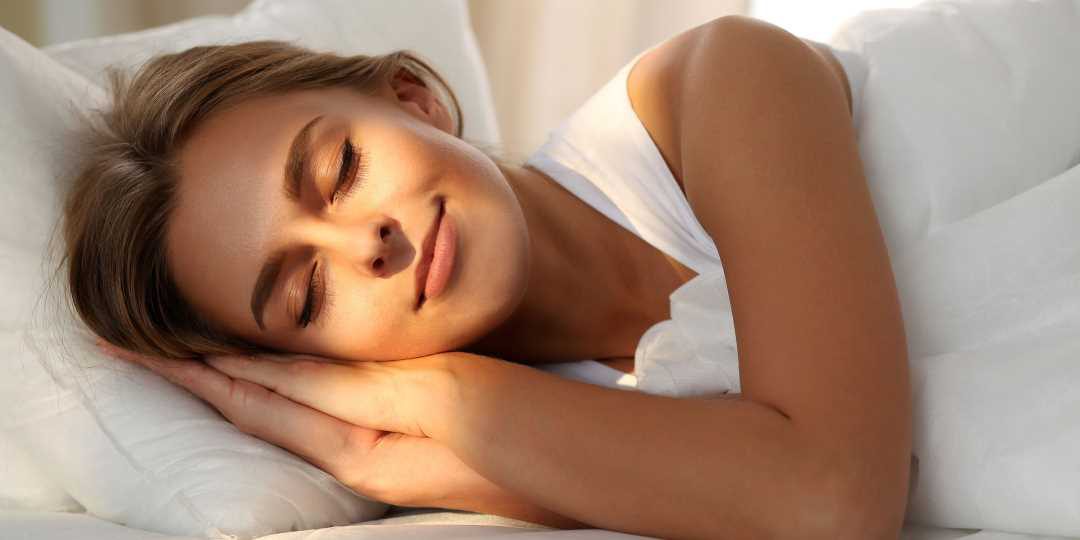So how did you sleep last night? Did you sleep like a log or did you toss and turn, staring at the ceiling for hours and watching the clock ease its way closer to the morning? Maybe you slept for a bit and awakened only to lay there thinking about everything you needed to do the next day.
Sleep is essential. During sleep our body repairs, heals, and prepares to deal with another day. An ongoing lack of sleep can be caused by many things, and can be a short-term or long-termed problem. Our sleep and dreams are affected by everything from the things we have been eating and drinking during the day to the way we are dealing with our life, and the amount of exercise we have been participating in.
We all know that too much caffeine too close to bedtime can affect our sleep, but did you know that too much TV and computer time can affect us too? Yet millions of Americans have TV’s in their bedrooms and insist that they cannot fall asleep if they don’t have a TV on! Televisions and computer screens emit light sources that stimulate our brains, preventing us from relaxing and beginning to feel tired. This also prohibits the release of melatonin. Melatonin is a natural hormone made by our brain only in darkness; when melatonin levels increase, we begin to feel less alert and sleep appears to feel possible. Melatonin levels stay increased for approximately twelve hours, tapering off in the daytime.
Other factors that affect our sleep include stress levels, temperature, exercise and activity levels, physical pain, hormones, medical issues, use of alcohol, nicotine, and over-the-counter medications, diet, travel, or shift work. Many problems can be solved with adjustments made in the way we live, communicate, eat and drink.
Future blogs will focus on effects of food, nicotine, alcohol, and medication on sleep; others will look at changing the way you relax and view your home; and another will deal with sleep management. If you find that sleep is a concern, contact Associated Counseling for an Insomnia assessment and Cognitive Behavioral Treatment to assist you in dealing with your sleep issues at either the Bradley office at 815-929-0099 or the Midlothian office at 708-597-0032.

